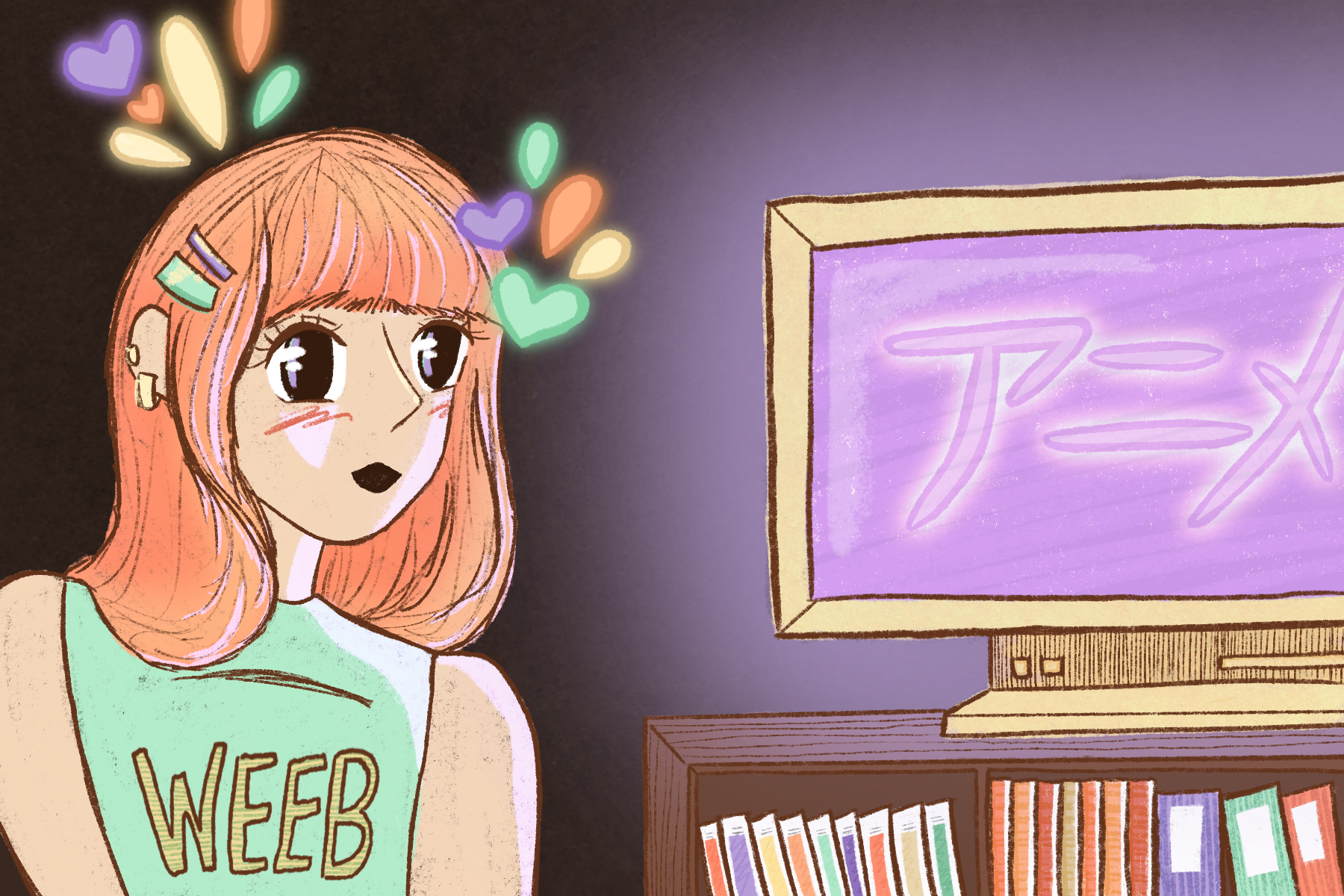The phrase ‘weeaboo’ is often thrown around in regard to people who have an obsession with Japanese culture. This term often refers to someone who watches anime, reads manga and enjoys cosplay or other activities related to the anime community.
While enjoying these elements of Japanese culture is not particularly problematic, this obsession with Japan is spreading far beyond the confines of the ‘weeaboo,’ and the country has now become a victim of modern-day Orientalism.
The term was first coined in 1977 with Edward Said’s ‘Orientalism’ which defines the West’s desire to create exoticised stereotypes of Eastern cultures in an effort to advance their own civilisation, most often through imperialism. This term is still deeply entrenched in many aspects of Western ideas, though especially in recent perceptions of East Asia and particularly, Japan.
Despite a tense history between Japan and the U.S. over the past 100 years, Japan has become a symbol of ‘a better life.’ Many people claim that by incorporating elements of a Japanese lifestyle and mindset into your own life, you can drastically improve your quality of life.
One example of this is the concept of ikigai (生き甲斐): iki meaning life and gai meaning reason or purpose. The term essentially refers to the purpose of your life and how to find balance between work and the things you love; a concept which is not at all unique to Japanese culture, but rather a part of the human experience. At some point, every person aims to find their life purpose and hopefully in doing so, they find joy in their existence. This is a fairly common concept. However, since there is this association of a ‘Japanese way of life’ with ikigai, many people assume there must be some mystical reason it works so much better than whatever they were doing previously.
Outside of Japan, the culture has taken on connotations of high quality, wisdom and heritage. Many Japanese restaurants and stores are known for being popular amongst the upper-class, with many people choosing to shop there despite not being Japanese or even cooking Japanese food. The obsession extends from sushi and sashimi to ramen and even the popularisation of matcha. It has also become common for Americans to spend money on overpriced imported Japanese snacks in the form of ‘snack boxes’ from services that send a box full of different confectionery items to the consumer once a month. What costs an American weeaboo thirty dollars is likely to only be around 800 yen ($5.30 USD) in Tokyo, with companies exploiting the West’s obsession with Japan for profit.
Amongst the younger generation, this obsession manifests in Japanese pop culture. Anime, once a niche interest among animation enthusiasts, has now become a massive obsession among American teenagers. This has culminated in young people travelling, or even moving, to Japan because of its portrayal in animations. Many of them don’t speak the language, have very little understanding of the daily customs and lack real skills to contribute to the economy. This naïve population causes great disruption. Japanese culture is very strict when it comes to following social rules, and many of these so-called ‘Japanophiles’ don’t have an adequate understanding of these conventions. Of course, travelling in a foreign country can be difficult, but it is the arrogance and unwillingness to learn from these Japan-fans that causes the biggest issue.
Overall this reinforces the negative perception of foreigners in Japan and contributes to Japanese people’s apprehension of visitors.
It has become even more problematic with people “wishing” they were born Japanese or even claiming that they have changed their race to identify as Japanese. This is referred to on the internet as being ‘transracial,’ and it is both biologically impossible as well as extremely racist and problematic. The people who identify as being transracial attempt to change their appearance, name and mannerisms so that they align with their ‘chosen race,’ which, most commonly, is Asian. Although the population of people with this mindset is small, it is still a terrifying example of the consequences when obsession goes too far.
The question still remains: Why Japan? Why not other countries that have equally interesting culture and history? What makes Japan special?
Although we may never know the true answer to these questions, we can link it to one overarching idea which is Orientalism.
Japan has become an exotic, almost futuristic country in the mind of the West and represents a completely different way of life that is very foreign to a general Western audience. Because of this, gross stereotypes have developed about the Japanese population, including how they act, the way they dress, etc. and in an attempt to gain something from this culture, many Westerners will incorporate elements of this stereotype into their own lives.
It is okay to like aspects of Japanese culture. The cuisine and film scene are top notch and they are a pleasant, thoughtful people. What is not okay is furthering these stereotypes of an oriental Japan into something that encourages people to fetishize and imitate a culture which is not.

















